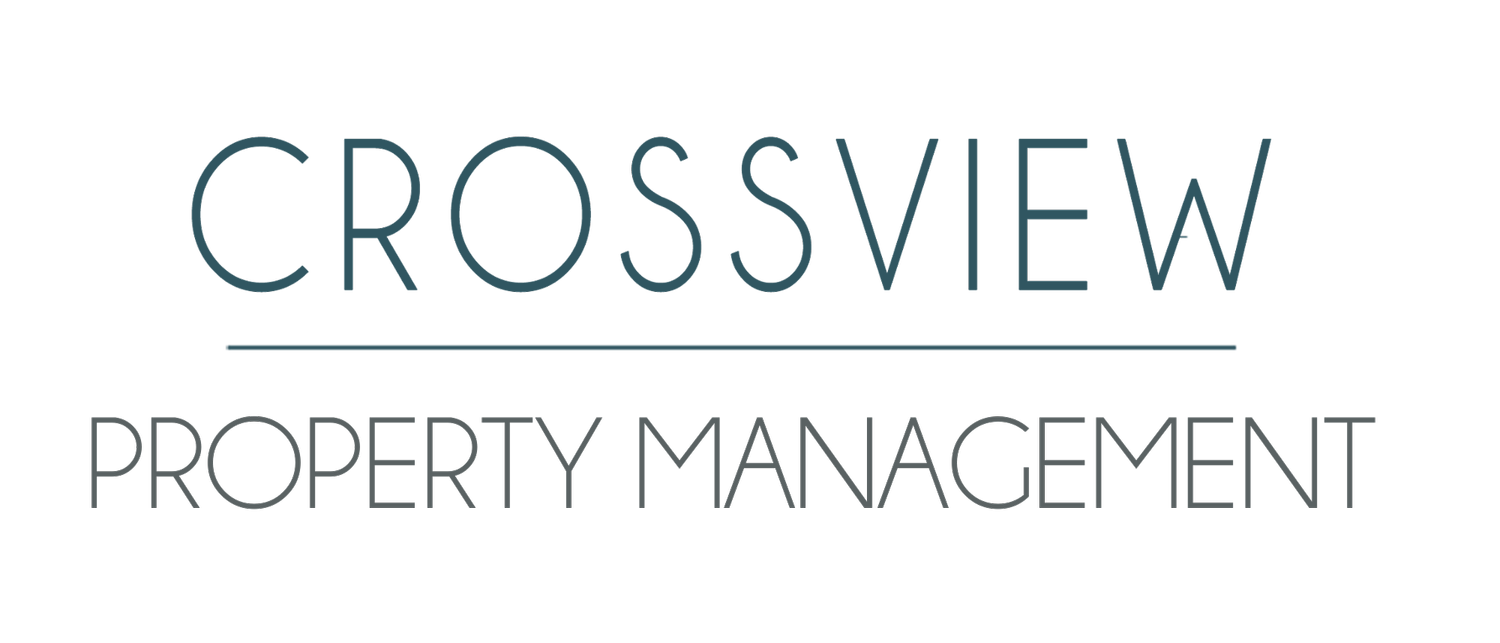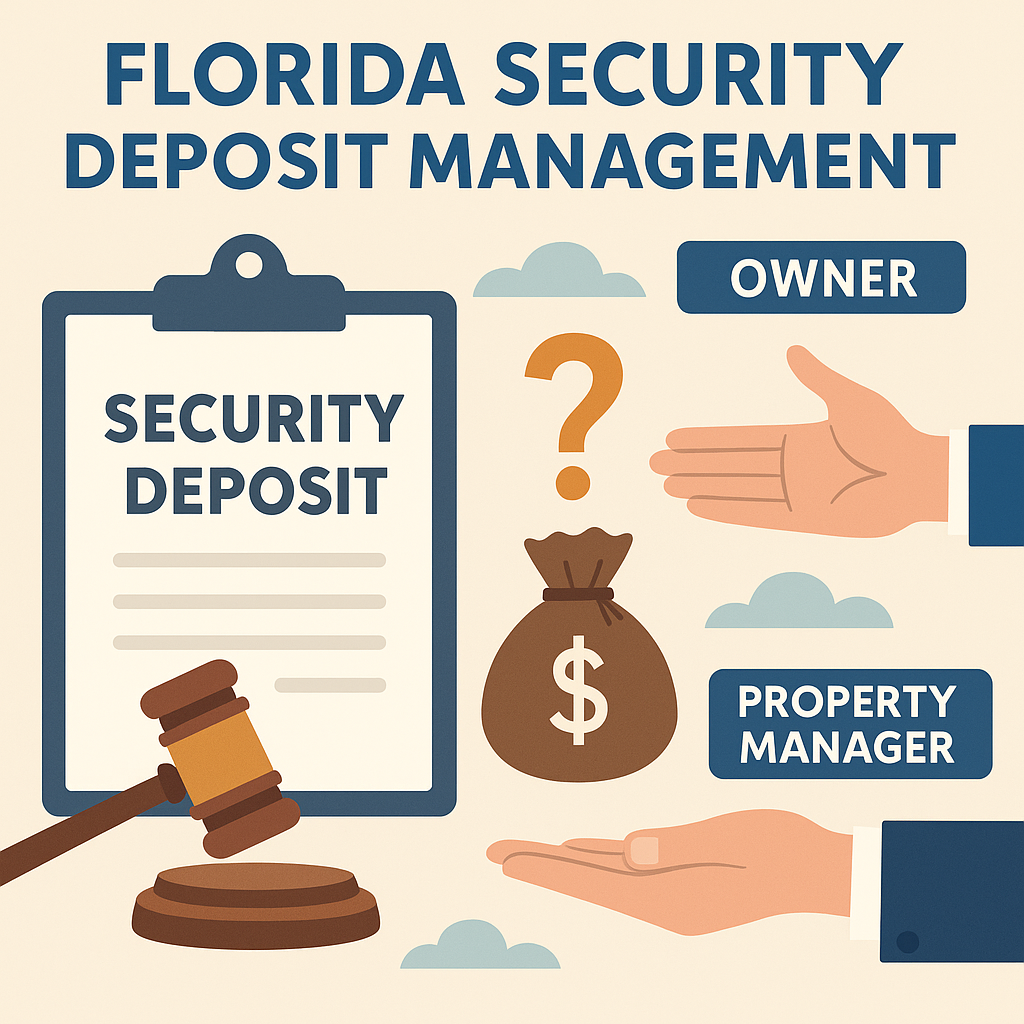Owner vs. Property Manager: Who Should Hold the Security Deposit in Florida?
Opening Question:
In Florida, is it better for you, the owner, to hold the tenant's security deposit—or should your property manager handle it?
Snippet Answer:
Florida law sets clear rules for how security deposits must be managed. While you can hold the deposit yourself, a qualified property manager can take on the legal burden, ensure timely handling, and help protect your investment—all within the bounds of Florida Statutes.
Florida Law Essentials: How Security Deposits Must Be Held
Florida Statute § 83.49 outlines three compliant ways to handle security deposits:
Non-interest-bearing account in a Florida bank—no interest paid to the tenant.
Interest-bearing account, with the tenant receiving either 75% of the average annual interest earned or 5% simple interest per year—whichever is less.
Surety bond filed with the county clerk or Secretary of State, plus 5% simple interest to the tenant annually.
Deposits must be kept in a separate Florida-based account—never commingled with personal or business funds.
Within 30 days of receiving the deposit, you must provide the tenant with a written notice detailing where and how the deposit is being held.
Return & Deduction Rules Under Florida Law
No deductions: If you don’t intend to make deductions, you must return the full deposit within 15 days after the tenant vacates.
With deductions: If you plan to withhold funds for damages or unpaid rent, you must send a written “Notice of Intent to Impose Claim on Security Deposit” within 30 days. The tenant then has 15 days to object in writing.
Failing to meet those timelines means you forfeit your right to withhold any portion of the deposit and may be held liable for damages.
Pros & Cons in Florida
Pros of the Owner Holding the Deposit
Control & flexibility — Manage the funds directly in your chosen Florida bank account.
Interest potential — If using an interest-bearing account, you retain the portion of interest not owed to the tenant.
Cons of the Owner Holding the Deposit
Compliance risk — You must file accurate notices, meet strict timelines, and handle legal procedures yourself.
High stakes for mistakes — Miss a deadline or forget a notice, and you could lose all rights to claim the deposit—or face penalties.
Pros of the Property Manager Holding the Deposit
Expert compliance — A property manager experienced in Florida security deposit management knows exactly how to follow § 83.49 requirements.
Professional systems — They use software and processes to track deadlines, send notices, and manage refunds accurately.
Smooth transitions — If ownership changes, the manager ensures a seamless handoff or refund, as required by law.
Cons of the Property Manager Holding the Deposit
Less direct control — The deposit is in the manager’s escrow or trust account, so you rely on their procedures.
Access timing — Requests for repairs or refunds go through the manager’s process, which can add a step.
Final Takeaway
Florida’s security deposit laws demand precise timing, clear communication, and secure handling. While you can hold the deposit yourself, any slip-up can cost you—literally. Partnering with a professional who specializes in Jacksonville property management deposit handling helps you stay compliant, save time, and protect your rental income.
Property management is hard enough—partner with someone who stays on top of law changes and works to maintain your investment. Complete our Contact Us form or call us at 904-855-7933 to learn more about how CrossView Property Management in Jacksonville, FL, can work for you.


